Wikileaks: Rome agencies on voluntary "code of conduct" for responsible agro-investments
- Wikileaks
- 28 January 2010
US government mission in Rome discusses FAO's work to develop principles for international farmland "investments"

US government mission in Rome discusses FAO's work to develop principles for international farmland "investments"

Activists and researchers in the United States are raising the alarm on what they call the "land grab" in Africa.
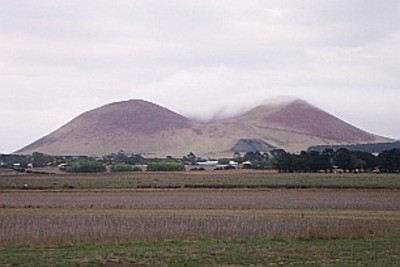
Swedish Count Carl Gustav Wachmeister bought 3,310 ha in Victoria State, Australia
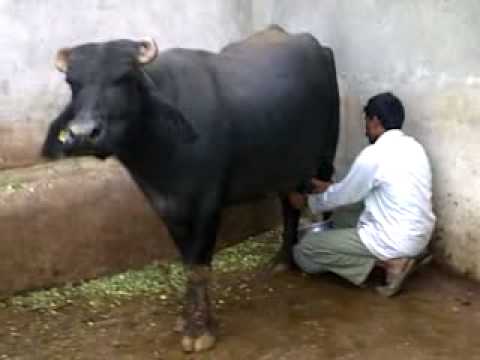
An ambitious project pooling New Zealand's farming expertise has received a fillip from Emirates Investment Group. Through EIG, there are two large Pakistan projects on the cards, one involving a 35,000ha farm.
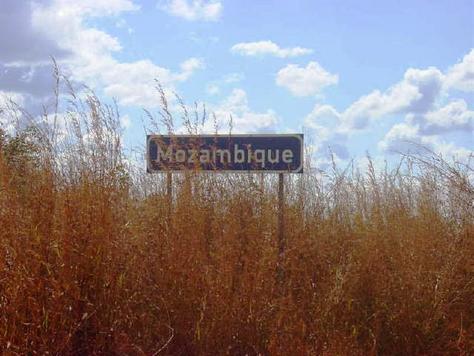
Mauritius has established a company to facilitate investment in Mozambique, particularly in the area of agro-food. The company was established after the Mozambican government granted Mauritius 23,500 hectares of land.


Heightened land values have caused several Egyptian banks, private companies and government bodies to purchase agricultural land in Africa, in addition to focusing greater attention on Egypt’s land resources.
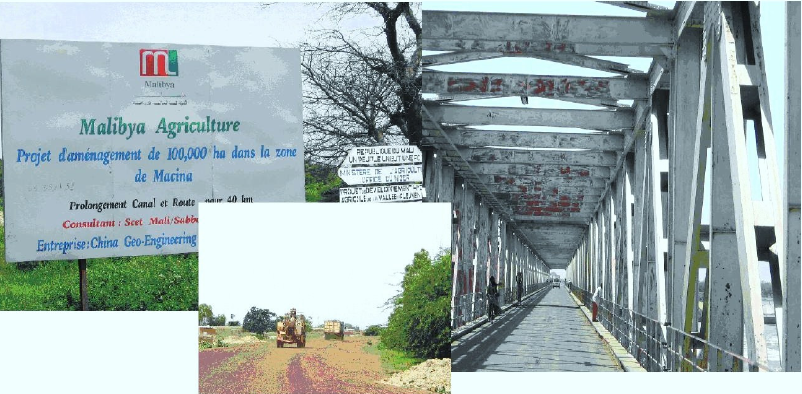
Oxfam Novib wants to come to grips with the land issue – trying to understand the implications of the capital-rich countries and companies endeavouring to purchase or lease large tracts of agricultural land in resource-rich developing States.
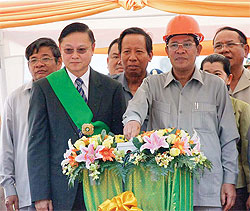
Khon Kaen Sugar Industry Plc aims to invest about 15 billion baht over the next five years to double its sugarcane output in Thailand and continuously expand its presence in Cambodia and Laos.

Pakistan will press ahead with plans to lease or sell farmland to foreign investors despite United Nations concern over such deals, arguing the land would otherwise lie fallow, Pakistan's foreign minister said.

As interest in transnational land acquisition for food production grows, the importance of legal customary tenure recognition becomes more apparent.

How could Meles know the legitimate owners of the land, namely the future generation of Ethiopians, may not need the land say 20 years from now?